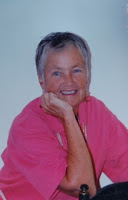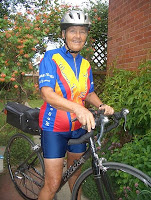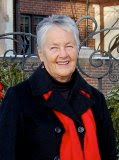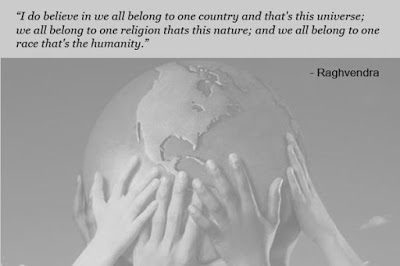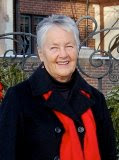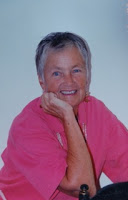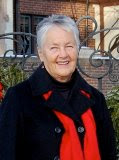I am a hunter. I’ve been hunting all my life, at least for that bit of my life that is within memory, I have been hunting for some answers to some very basic questions. I’ve had my sight set for different targets at different stages of my life. But the answers to the more profound questions almost always elude me. Just like the hunter and its prey. Sometimes I get a glimpse of an answer, only to have it disappear until the next time I seek it out, until one day I hit the target—an answer evolves which satisfies me.
Early in life I sought an answer to the question “Where do we come from?” Lately I’ve been asking “Where do we go when we die—where do I go when I die? Do we all go the same place? My current belief is that we go back to where we came from, which is—I don’t know where. Seems logical. So that question cannot be answered really, that is, we can’t know the answer to that question, hence the belief.
Early in life I asked “What is the purpose of my life?” Lately I ask “What is the purpose of any life? Still stalking an answer to that one.
Earlier I asked “What is my place in the universe?” Lately I ask “What is the place of our solar system in a seemingly infinite universe?” Then I ask “Is the universe infinite?” When I learn that the latest information tells us our universe—just as our galaxy—was born and is dying and does have an end, I realize I have no more questions on that subject. I guess a new universe will be born when this one dies—just like stars, galaxies, and solar systems.
Early in life I asked, “Who am I?” Lately I have come to realize the answer to that question changes daily—evolves with each passing day. I also realize that early in life I did not look inside for the answer to who am I, I looked totally to others for not just clues but for answers. Later in mid-life I started looking in a much better place—looking inside myself.
I don’t spend a lot of time searching out answers to these mysteries of life. Because I realize the answers for most people are held in beliefs. Most of these questions cannot be answered empirically. They are only answered by taking the leap of faith and holding a belief. Early in my life I did that. Lately I have not taken the leap. For some reason I don’t feel the need.
In the meantime, I will continue to fill my day with questions I do have answers for; such as,
“Shall I do the laundry today? Shall I water the garden? What shall I eat? What can I come up with on the topic of ‘HUNTING’ for our meeting today?”
Here’s a good question and I often spend a whole day hunting for the answer: “What can I do to bring some joy into the world today. What can I do to enhance my honey’s day?” These are two good everyday questions. Their answers are also worth a good hunt.
© 26 September 2016
About the Author
Betsy has been active in the GLBT community including PFLAG, the Denver Women’s Chorus, OLOC (Old Lesbians Organizing for Change), and the GLBT Community Center. She has been retired from the human services field for 20 years. Since her retirement, her major activities have included tennis, camping, traveling, teaching skiing as a volunteer instructor with the National Sports Center for the Disabled, reading, writing, and learning. Betsy came out as a lesbian after 25 years of marriage. She has a close relationship with her three children and four grandchildren. Betsy says her greatest and most meaningful enjoyment comes from sharing her life with her partner of 30 years, Gillian Edwards.
